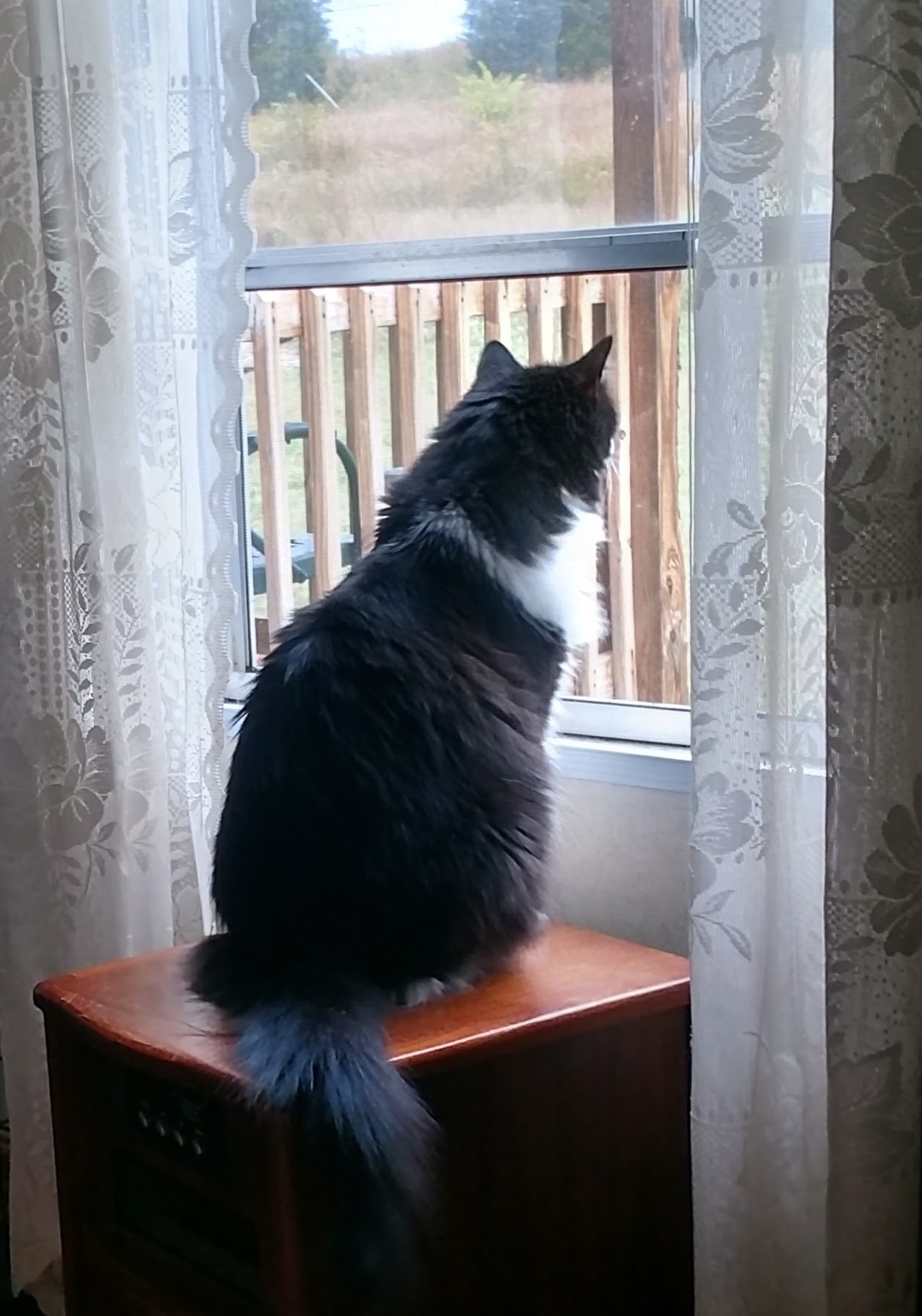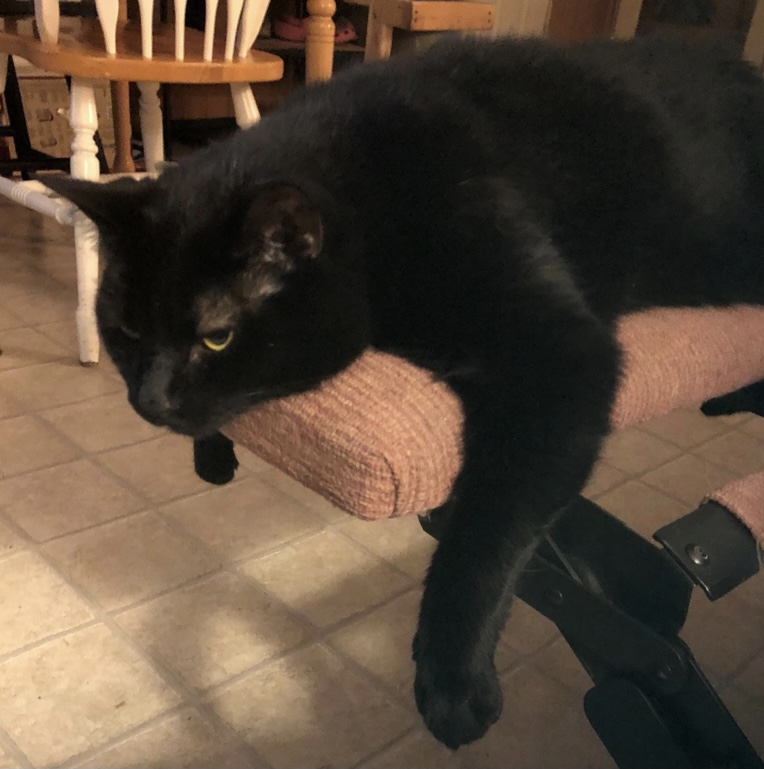Animals react to their environment more than anything else, and many of the emotions we attach to our feline friends are human creations. Cats are not “vindictive” or “out to get you” if they pee on your clothes or throw up on your favorite shoes. They are reacting to stressors in their environment or simply getting rid of a hairball. Attaching human emotions to an animal can lead to misunderstandings of the signals they send us. It may also cause us to punish them in ways they do not understand. Forcing a cat’s face into a pile of its own vomit is a good example of that. But it is not all bad. Emotional thinking where pets are concerned also helps us bond with them and develop genuine affection for them, which, in turn, will prompt us to give them the best care we can.
Whereas some human emotions are not felt by cats, feline depression, on the other hand, is a real thing. Every cat has a unique personality. Some are outgoing, friendly cats, while others are loners who prefer solitude. When an otherwise sociable cat suddenly becomes reserved, it can be a sign of depression. Cats feel loss and grief like we do, so after the sudden death of a beloved human or feline companion, you may observe behavioral changes in your cat. They may become lethargic and lose interest in their favorite toys, games, and scratching posts.


